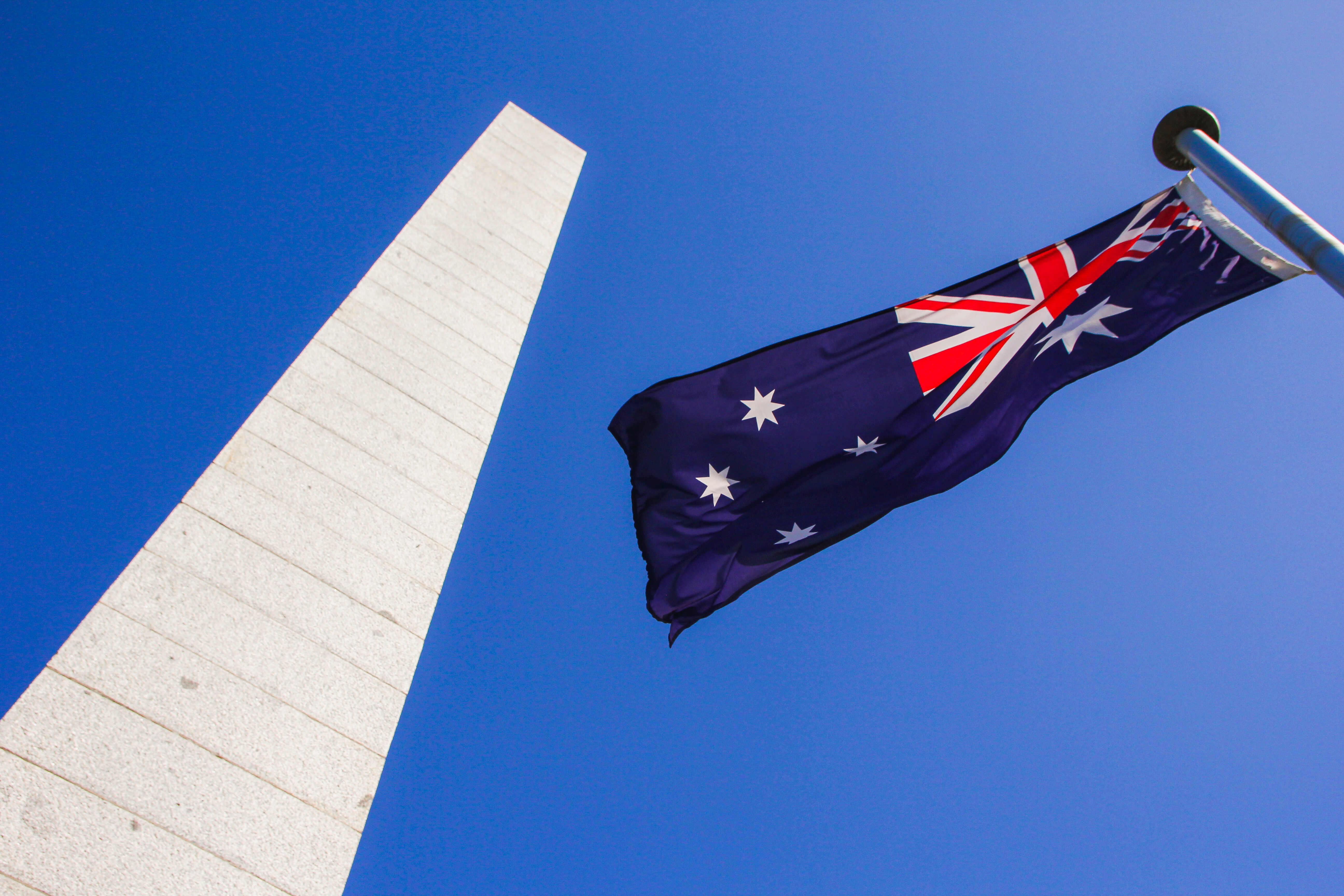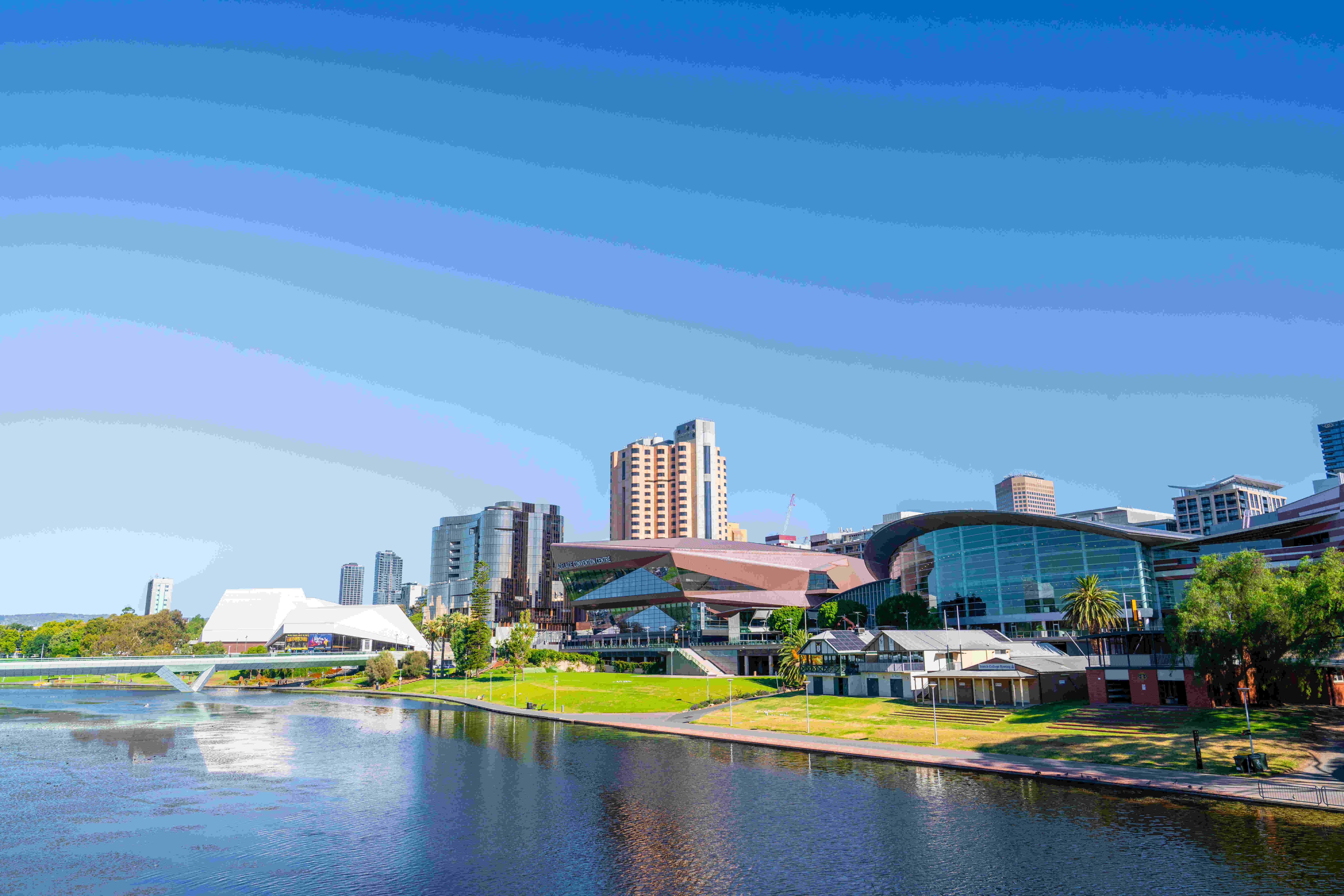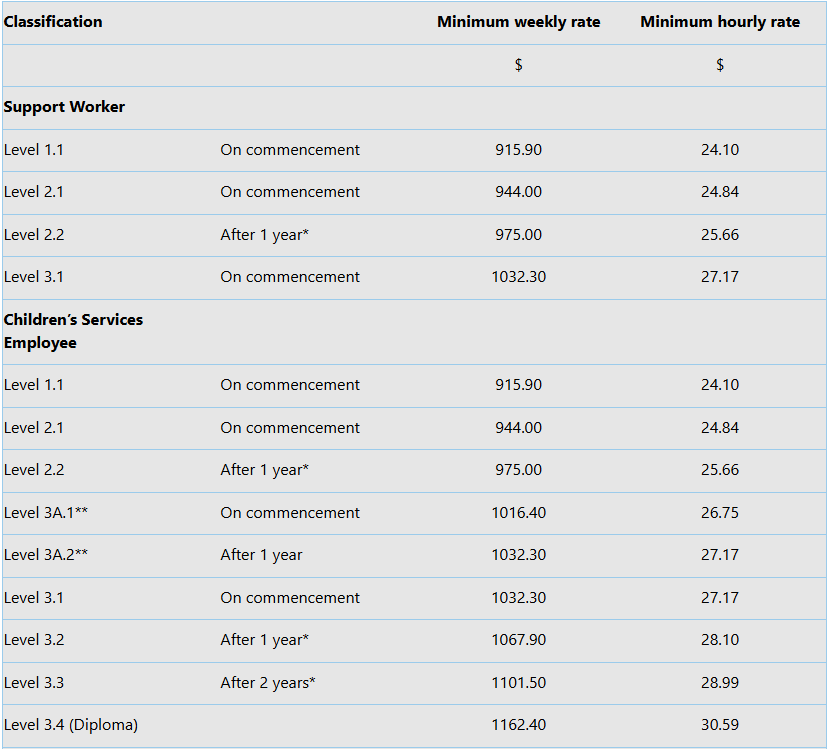April has brought many important updates and changes in Australian immigration. In this blog, we’ll cover:
- The federal election and possible major changes if the Coalition wins
- DAMA updates
- 482 visa updates
- State nomination updates for the 190 visa and 491 visa
- And much more
We’ve also had a big month at Work Visa Lawyers — including many 482 visa grants, a 494 visa grant, and our first National Innovation Visa invitation for a client in the health industry.
We also received multiple invitations for the 491 visa and 190 visa in South Australia, with a minimum of 65 points. We’ll list the different occupations and points later in this blog.
Federal Election – April Announcements Overshadowed by Trump Headlines
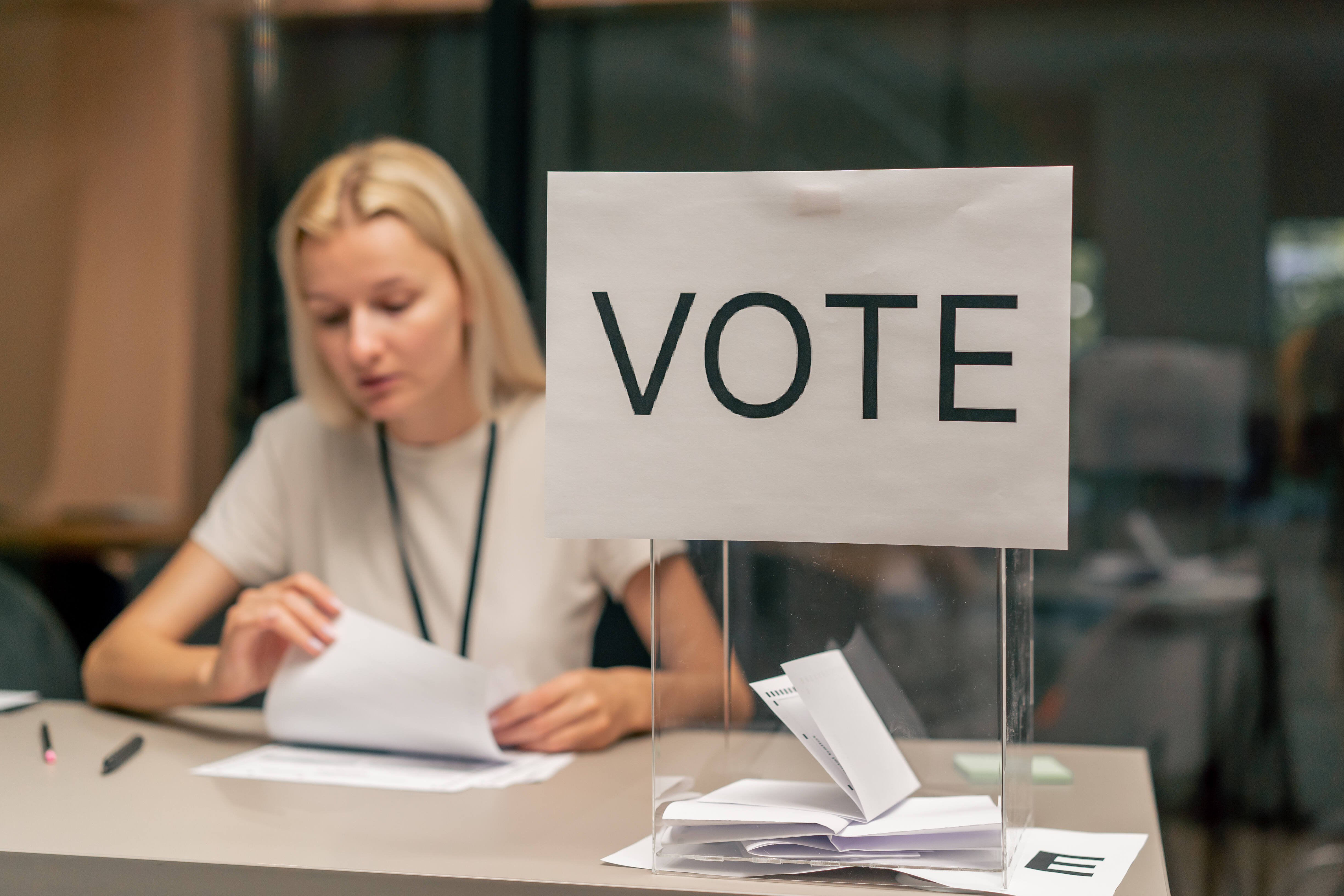
The federal election has been scheduled for 3 May 2025. Voting is compulsory for Australian citizens, and the results will shape immigration policy over the next three years.
However, the spotlight has been somewhat stolen by US President Trump, who announced tariff changes on 2 April 2025. His headlines have dominated the news cycle since.
Still, there are key policy announcements from both major parties.
Coalition Announcements
Peter Dutton, Leader of the Opposition, has proposed:
- A reduction of 80,000 student visas
- Increased student visa fees
- A review of the Subclass 485 Graduate Visa
He stated:
“Student visa application charges will also rise to $5,000 for Group of Eight universities and $2,500 for other international students.”
This is a major increase from the current $1,600 fee.
He also proposed a $2,500 fee to change education providers, and a referendum to allow deportation of dual citizens convicted of crimes in Australia.
Dutton also plans to reduce Australia’s net overseas migration by 100,000, down from the current level of 185,000.
Labor Response
The Labor government has criticised these proposals as “savage cuts”, warning they would impact key sectors such as construction, aged care, and tourism, which rely heavily on skilled migrant workers.
If re-elected, the Albanese Labor government is expected to maintain similar migration levels to those currently in place.
Early polling suggests a likely Labor victory — meaning temporary visa holders in Australia may not need to stress over Coalition policies just yet. We’ll cover the final election results and immigration impacts in our May 2025 update.
Global and Economic Context – Are We Cutting Golden Gooses?
With Trump’s tariffs shaking global trade, recession concerns are rising. During recessions, Australia relies on sectors that bring investment and jobs, such as:
- International students (a major export and local employer)
- Business and investor visa programs
However, these very visa streams are being reduced or cut entirely. Is Australia killing off its goose that lays golden eggs?
Perhaps it’s time to reconsider.
482 Visa Updates
The Subclass 482 visa has no caps on numbers, making it an attractive option for skilled workers and graduates frustrated by slow invitations for 189, 190, or 491 visas.
Challenges
The main challenge? Finding a sponsor.
We know it’s hard, so we’ve made a video and a blog with tips on how to find an employer sponsor.
Nomination Refusals Increasing for Chefs and Cooks
There’s been a rise in nomination refusals for chefs and cooks in pubs and restaurants.
Reasons cited by the Department of Home Affairs include:
- Failure to meet Labour Market Testing (LMT)
- The decision maker believes the position is not genuine
We’ll continue monitoring this and keep you updated.
482 Nomination & Visa Processing Delays
The Migration Institute of Australia (MIA) recently wrote to Minister Tony Burke and Assistant Minister Matt Thistlethwaite MP regarding the slow processing times for 482 visas (both the former Temporary Skill Shortage and current Skills in Demand).
We’ll share any updates as they come.
482 and 494 Work Conditions Clarified
The Department of Home Affairs has confirmed:
Subclass 482 visa and 494 visa holders who stop working for their original sponsor but have lodged a new nomination do not need to stop working for the new sponsor, even if the 180-day limit under Conditions 8607(5) or 8608(5) has passed.
This means applicants can continue working with that new employer while waiting for their new nomination to be processed.
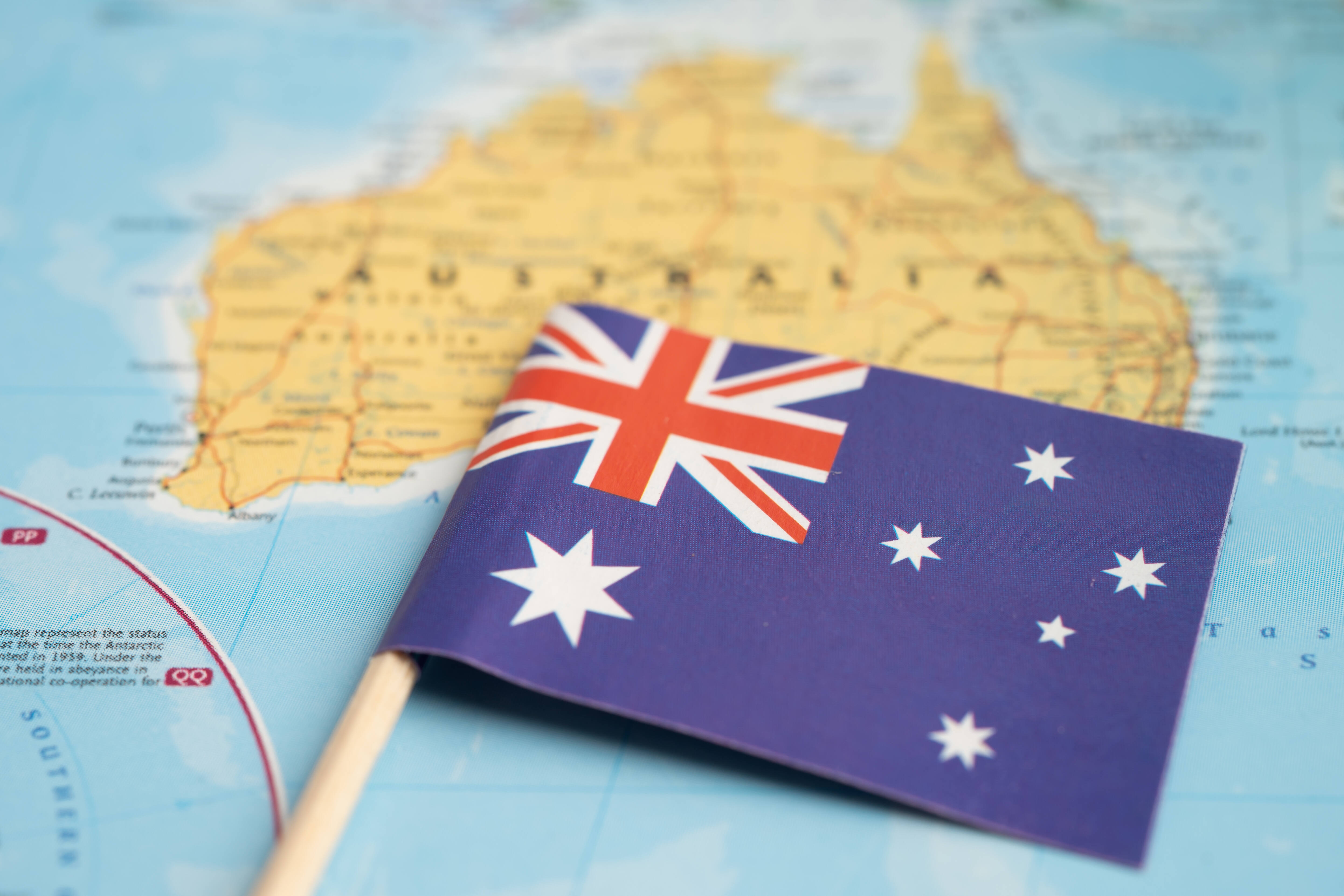
DAMA Updates
- The Far North Queensland DAMA has been updated with 51 new occupations.
- The Orana DAMA (NSW) has been extended by 12 months.
- A new DAMA has been approved for the Northern Territory.
For more information, visit each region's official DAMA site.
Property Ban for Foreign Buyers
From 1 April 2025 to 31 March 2027, temporary residents and foreign-owned companies are banned from purchasing established properties in Australia — including houses, apartments, and units — unless an exception applies.
A review will determine whether this ban will be extended beyond March 2027.
407 Training Visa Refusals
There has been a significant increase in Training visa refusals compared to last year, when 92% were approved, according to Freedom of Information data from the Department of Home Affairs.
In some cases, no appeal is available.
If you're applying for a 407 visa, ensure you meet all requirements and have a clear, structured training plan — or consider visa options that allow for appeal.
State Nomination Updates – 190 & 491 Visas
Tasmania
- 491 visa (Overseas Applicant – Job Offer) pathway is closed for the rest of the 2024–25 program year
- 190 visa (Health Sector Job Offer) pathway remains open
Visa Stats as of now:
- 190 visa: 1,403 of 2,100 nominations used (298 ROIs on hand)
- 491 visa: 513 of 760 nominations used (275 ROIs on hand)
- Over 89% approval rate for applications processed this year
If you're in Tasmania and meet the criteria, your chances are strong.
South Australia
Our clients recently received invitations under South Australia’s program:
- Early Childhood Teacher – 70 points (190 visa)
- Community Worker – 70 points (190 visa)
- Registered Nurse – 65 points (190 visa)
- Project and Programme Administrator – 75 points (190 visa)
- Finance Manager – 70 points (491 visa)
- ICT Customer Support Officer – 75 points (190 visa)
- Chef (regional SA) – 75 points (491 visa)
New South Wales
- NSW has received over 110,000 EOIs for 491 visa and 190 visa
- Only 5,000 places available for the entire program year
- They are halfway through their allocation
- Expiring visas are not a priority factor for invitations
If you are not receiving invitations, consider other options:
- Employer-sponsored visas (like 482 visa, 186 visa, or 494 visa)
- A partner visa if you have an Australian citizen or PR partner
We have dedicated videos on finding a sponsor and partner visa pathways on our YouTube channel.
Do You Need Help With Your Australian Visa?
We are one of Australia’s largest immigration law firms, assisting individuals and businesses since 2011.
If you need help applying for an Australian visa, contact us or book an appointment.



